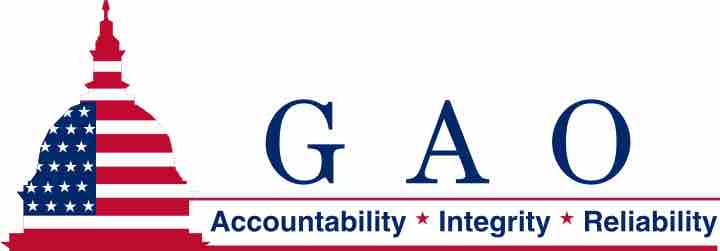The Government Accountability Office (GAO) is the audit, evaluation, and investigative arm of the United States Congress. It is responsible for ensuring that government agencies are held accountable. The GAO's auditors conduct not only financial audits, but also engage in a wide assortment of performance audits.

The Government Accountability Office
The GAO is the audit, evaluation, and investigative arm of the United States Congress.
Over the years, GAO has been referred to as "The Congressional Watchdog" and "The Taxpayers' Best Friend" for its frequent audits and investigative reports that have uncovered waste and inefficiency in government. The news, media, and television often draw attention to GAO's work by covering stories on the findings, conclusions, and recommendations in GAO reports. In addition, members of Congress frequently cite GAO's work in statements to the press, congressional hearings, and floor debates on proposed legislation.
The GAO also establishes standards for audits of government organizations, programs, activities, and functions, and of government assistance received by contractors, nonprofit organizations, and other nongovernmental organizations. These standards, often referred to as Generally Accepted Government Auditing Standards (GAGAS), must be followed by auditors and audit organizations when required by law, regulation, agreement, contract, or policy. These standards pertain to auditors' professional qualifications, the quality of audit effort, and the characteristics of professional and meaningful audit reports.
The GAO is headed by the Comptroller General of the United States, a professional and non-partisan position in the U.S. government. The Comptroller General is appointed by the President, with the advice and consent of the Senate, for a 15-year, non-renewable term. Since 1921, there have been only seven Comptrollers General, and no formal attempt has ever been made to remove a Comptroller General.